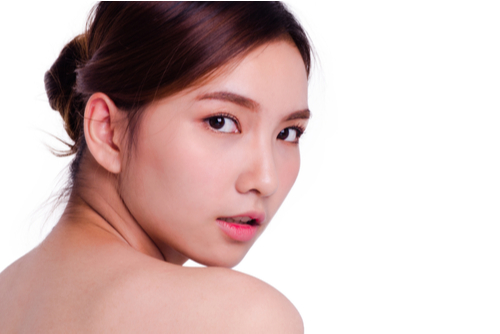









Buccal fat removal is on the path to become one of the hottest and fastest growing cosmetic surgeries in 2020. The procedure–which requires a talented and experienced cosmetic surgeon–removes the buccal fat pads located in the cheeks. This usually results in a natural slimming of the face and can provide added definition to the cheekbones.
While many people find themselves dissatisfied with the amount of fat in their cheeks, when the procedure is performed on an unideal candidate, it can quicken the aging process and result in unwanted gauntness in the area earlier in life. Anyone thinking about buccal fat pad removal should use careful consideration and consult with a board-certified cosmetic surgeon.
Buccal fat removal candidates should be at least 25 and at a healthy body weight. Weight gain, hormonal factors, and age can all contribute to the amount of fat present in your cheeks. Some people, however, are genetically predisposed to carry excess fat in their cheeks. In which case, weight loss, lifestyle changes, and other medical interventions will not result in a reduction of cheek fat. These are usually the best candidates for buccal fat removal.
To schedule a consultation at The Gallery of Cosmetic Surgery, call us at 425-775-3561 or contact us online.
Recent Comments